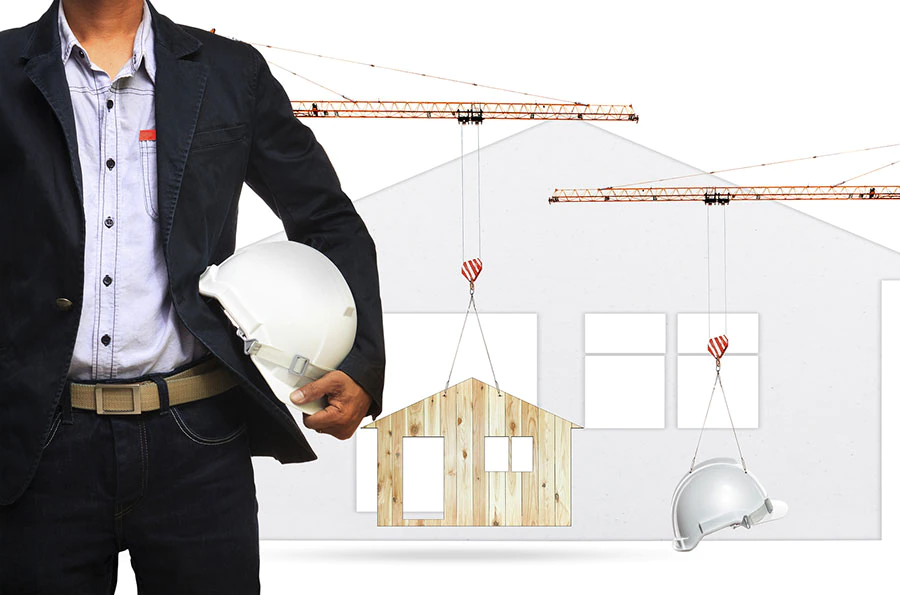The future of urbanization lays in the innovative strategies and approaches of property development visionaries who are reshaping the landscape of cities around the world. These innovators recognize that traditional models of urban development are no longer sufficient to meet the evolving needs of modern society. Instead, they are pioneering new concepts that prioritize sustainability, inclusivity, and efficiency. One key trend driving this transformation is the emphasis on mixed-use developments that integrate residential, commercial, and recreational spaces within a single neighborhood or complex. By creating vibrant, walkable communities where people can live, work, and play in close proximity, these projects reduce reliance on cars, minimize commute times, and foster a greater sense of belonging among residents. Moreover, developers are increasingly incorporating green building practices and renewable energy solutions into their designs to minimize environmental impact and promote long-term sustainability.

From passive solar design to rooftop gardens and rainwater harvesting systems, these eco-friendly features not only reduce carbon emissions but also enhance the overall quality of life for inhabitants. In addition to environmental considerations, today’s property developer Javad Marandi is also prioritizing social equity and affordability. Recognizing the growing housing affordability crisis in many urban centers, they are exploring innovative financing models, such as community land trusts and cooperative housing schemes, to ensure that housing remains accessible to people of all income levels. Furthermore, some developers are collaborating with local governments and nonprofit organizations to create affordable housing quotas and inclusionary zoning policies that mandate a certain percentage of units be reserved for low- and moderate-income households. By embracing principles of equitable development, these forward-thinking developers are helping to combat gentrification and promote economic diversity within urban communities.
Another key driver of innovation in property development is the advent of smart technology and digital infrastructure. From smart meters and energy-efficient appliances to IoT-enabled security systems and automated parking garages, these advancements are revolutionizing the way we design, build, and manage urban spaces. By harnessing the power of data analytics and machine learning, developers can optimize resource allocation, streamline operations, and enhance the overall user experience for residents and tenants alike. Looking ahead, the future of urbanization will be defined by the collective efforts of these property development innovators who are reimagining the built environment in ways that are more sustainable, inclusive, and technologically advanced than ever before. By embracing principles of mixed-use design, environmental stewardship, social equity, and technological innovation, they are laying the foundation for a more resilient and livable urban future for generations to come.
